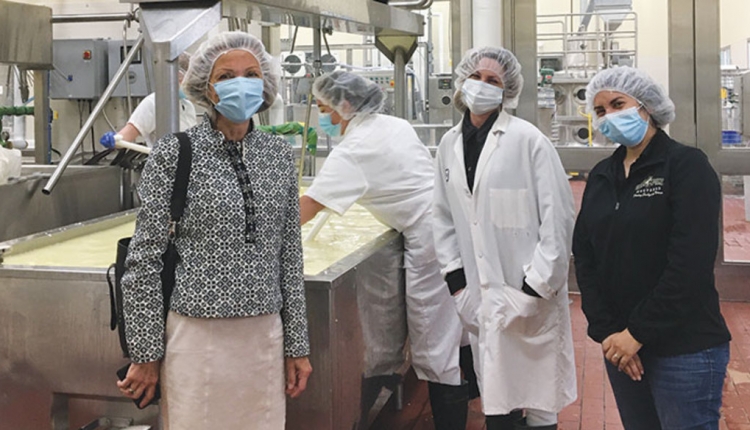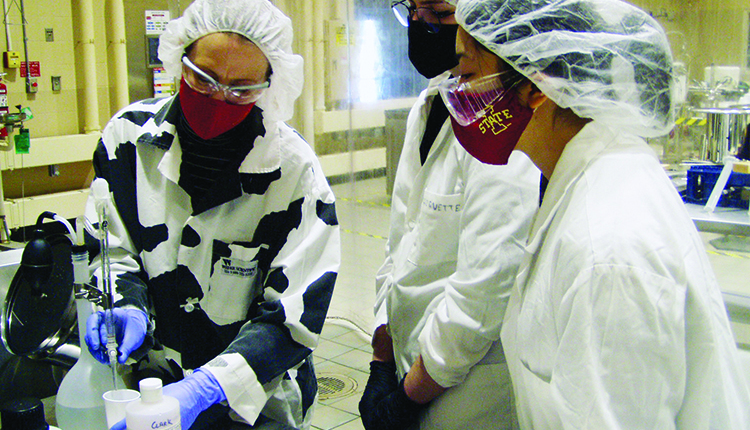
“People notoriously don’t listen to each other,” said Lisa Holden, associate professor of dairy science with Penn State Extension, during the webinar “Dairy Workforce Focus: Communication is a Two-Way Street.”
Holden and Adrian Barragan, assistant research professor and extension veterinarian with Penn State, walked through farm scenarios on how to improve understanding during conversations between managers and employees.
Holden focused on giving direct instructions, avoiding jargon an employee might not understand, asking open-ended questions to check for understanding, and using body language that matches the message.
Barriers to active listening include disinterest, distractions, plus internal and external noise. Real noise is an issue on farms, particularly on a dairy, when fans and pumps can drown out words, Holden said. Being clear and concise is a way to eliminate that barrier.
“They get to a point where they think, ‘I can’t take this all in anymore,’” Holden said. By moving away from the noise, using good judgement when to time the conversation, and testing for understanding, managers greatly improve the chances of having a successful conversation.
Everyone counts
Holden also addressed that these tips apply to many methods of communication, including written directions and working with a group. Many times in groups of people, the people with dominant personalities will be the only ones who talk. Managers must be sure that everyone understands, not just the people willing to speak up.
Going around the room and asking each person for feedback or questions helps them feel comfortable speaking, plus it lets them know you value hearing their opinion. If they don’t want to speak up in public, give them another option.
“If they don’t have ideas to share at the meeting, leave the door open,” she said, since it’s important for all parties to be able to give and receive feedback.
She specifically spoke about working with employees who don’t speak English as their first language, since written and verbal communication may require even more sensitivity and effort.
Be a team
Holden also stressed the importance of using “I” versus “you” language, which tells people how you feel instead of accusing them of doing something wrong. Using the word “we” also brings people together, since a team can always find common ground in working toward a farm’s success.
Although it may be difficult making these changes, the speakers challenged farmers to use these tips in their conversations this week to see if they could enhance their communication skills.
“We’re always learning. We’re always improving,” Barragan said.
The author and her family own and operate a sixth-generation dairy farm near St Johns, Mich.








